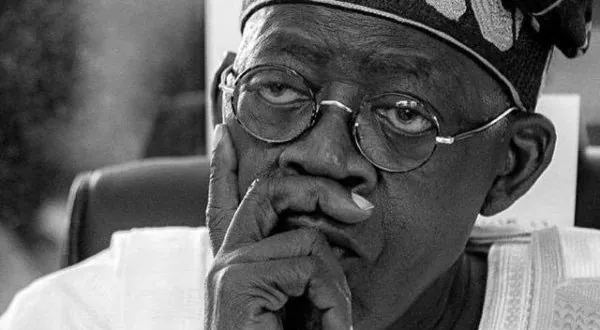At a summit on Stolen Asset Recovery in Abuja, President Bola Ahmed Tinubu delivered a fiery vow: “Our determination to fight corruption is unwavering and unshakable.” With international delegates and anti-graft institutions in attendance, he assured Nigerians that looters of the nation’s wealth would be hunted across borders with cutting-edge digital tools.
But behind the carefully chosen words and polished promises lies a growing skepticism. As the Tinubu administration enters its second year, critics question whether this anti-corruption rhetoric matches reality—or whether it follows the same pattern of selective justice and fiscal impunity that has eroded public trust for decades.
Since assuming office, the Tinubu administration has pursued high-profile corruption cases, but a noticeable trend has emerged: those in opposition parties appear to be bearing the brunt of legal action, while allies and loyalists accused of similar or worse offenses often escape scrutiny.
The Economic and Financial Crimes Commission (EFCC) has been accused of targeting opposition figures while turning a blind eye to allegations against members of the ruling All Progressives Congress (APC). This pattern isn’t new in Nigerian politics, but it casts a long shadow over Tinubu’s professed neutrality in the anti-graft war.
“Fighting corruption should not be an act of political theatre,” says Dr. Amaka Oboh, a governance expert. “The true test lies in whether the fight is blind to political color.”
Equally troubling is the administration’s record on public expenditure. While the president speaks of recovering stolen assets to fund critical infrastructure, many Nigerians are alarmed by what they see as lavish and unnecessary government spending.
Recent controversies include:
- The approval of billions of naira for luxury vehicles for lawmakers and ministers.
- High travel allowances and estacodes for government officials during a time of widespread hardship.
- A bloated number of aides and appointees, many of whom serve unclear roles.
These decisions contradict the spirit of fiscal prudence and transparency that President Tinubu claims to champion. How does a government claim to be fighting corruption while embracing a culture of excess.
The president promised the use of digital tools to track stolen wealth globally. However, there’s little evidence that such systems are operational or have made a measurable impact. Civil society organizations continue to call for real-time transparency portals, public procurement tracking, and whistleblower protections—tools that could institutionalize accountability but remain underdeveloped.
Tinubu cited the use of recovered funds to support infrastructure projects such as the Second Niger Bridge and Lagos-Ibadan Expressway. But analysts note that many of these projects predate his administration and were largely funded under prior governments. There is a lack of detailed, verifiable data on how recovered assets are tracked and utilized under his watch.
In closing his address, the president called on Nigerians to “unite in the fight against corruption.” Yet, unity is hard-won in an environment where justice appears uneven and public funds are spent with impunity.
The fight against corruption must be more than a summit speech. It must involve deep reform of institutions, political will to hold all offenders accountable—regardless of their connections—and a genuine commitment to transparency.
Until these are visibly in place, Tinubu’s anti-corruption mantra risks sounding like a familiar chorus: loud in promise, silent in practice.





